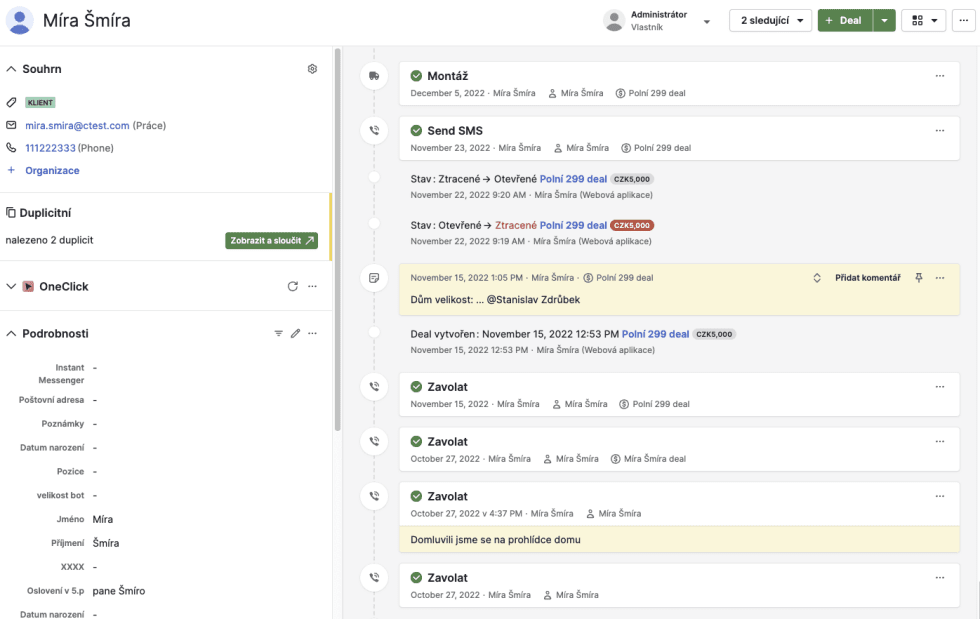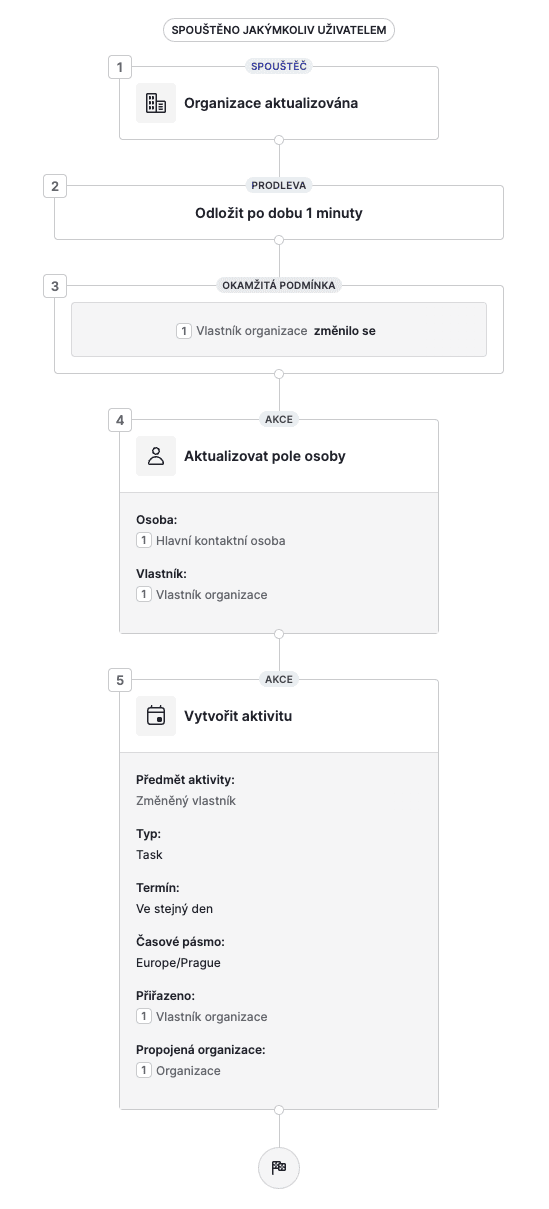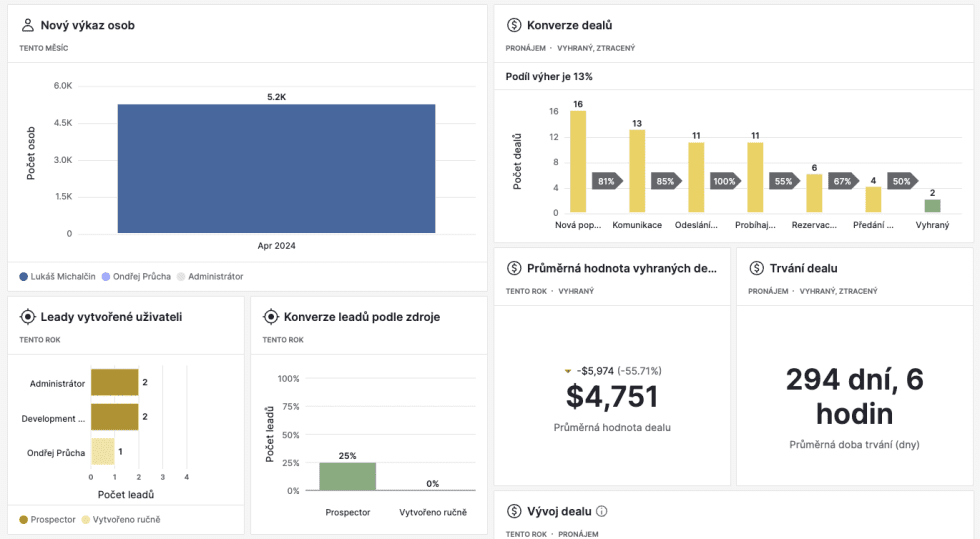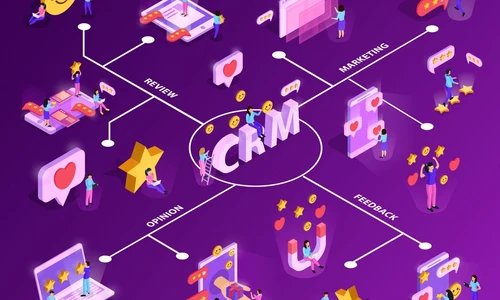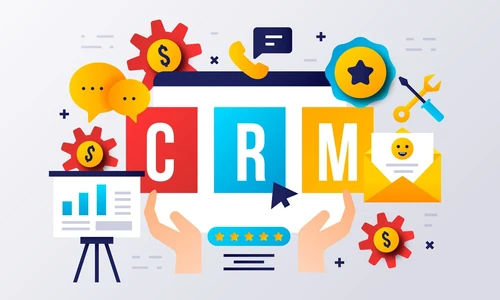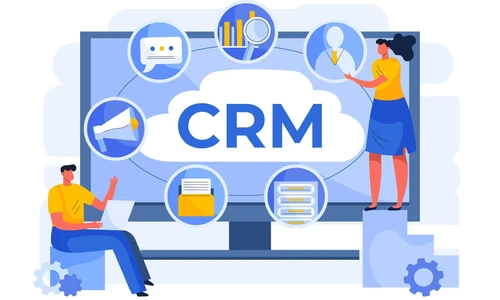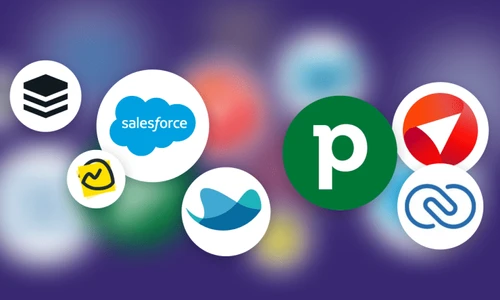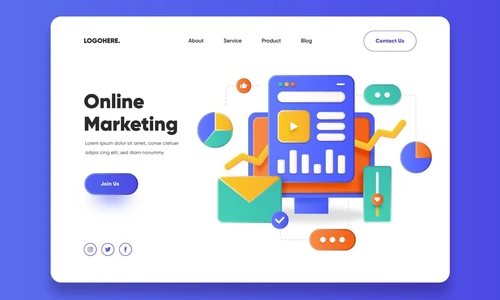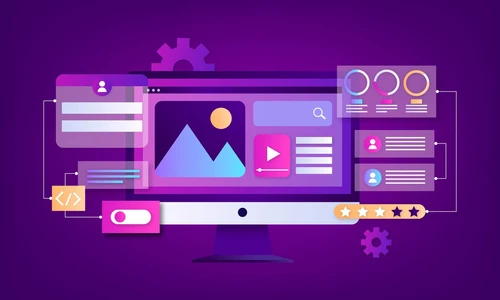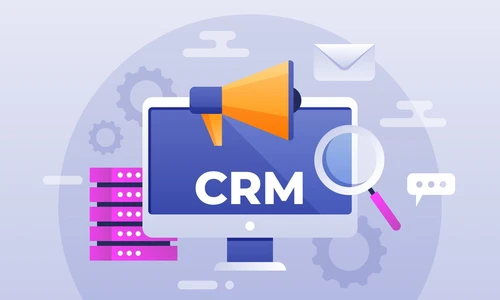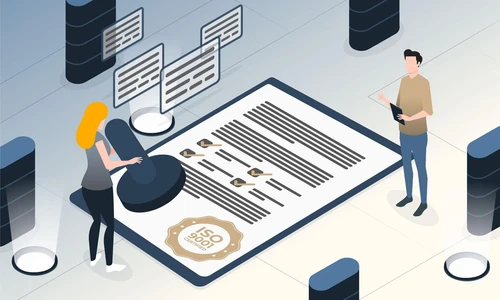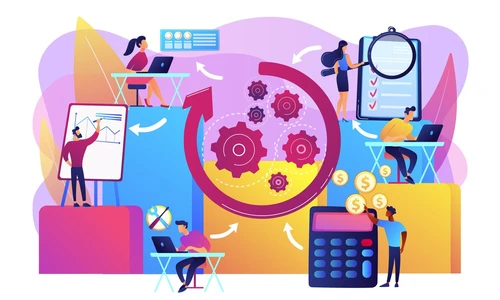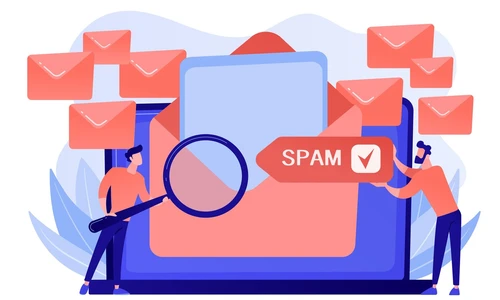
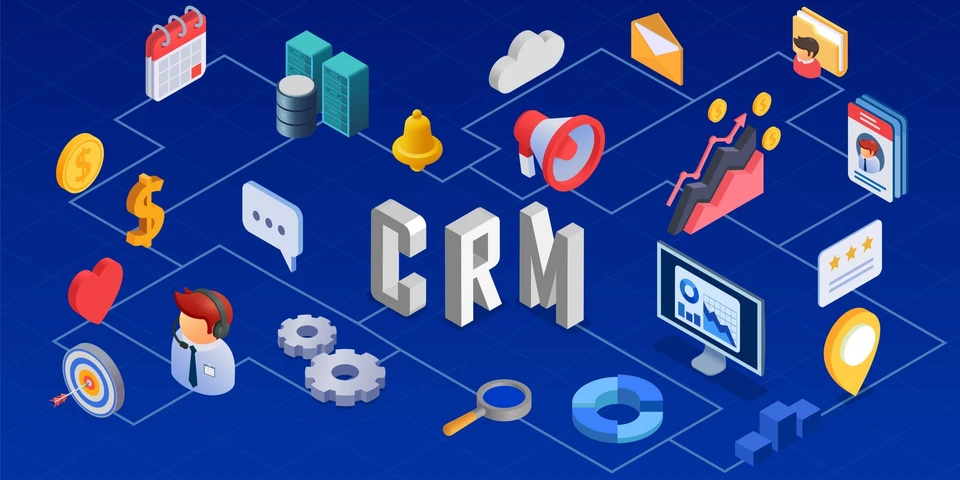
Sales
23.04. 2024
Why do you need a CRM? Everything you need to know...
In today's dynamic environment, customer relationship management has become a cornerstone of any business' success. That's why we've written a comprehensive guide that explores the importance of CRM, its key benefits, necessary features and real-world examples to help you answer the question of whether you really need CRM.
You Might Be Interested In

Project Management
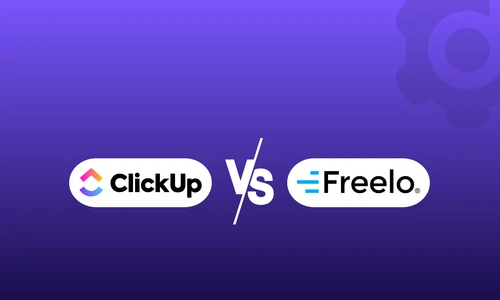
Project Management
ClickUp vs. Freelo: Comparing Project Management Tools
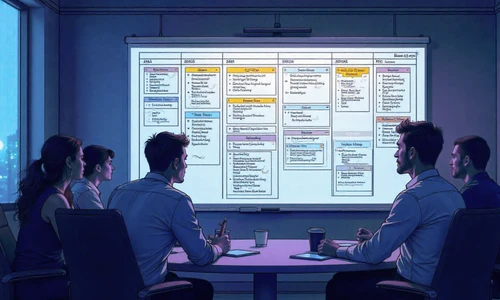
Project Management
Project Management Methodologies: Overview, Key Differences, and How to Choose the Right One
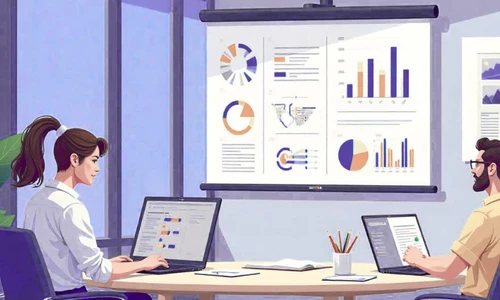
Project Management
How to Choose the Best Project Management Tool: A Guide for Businesses
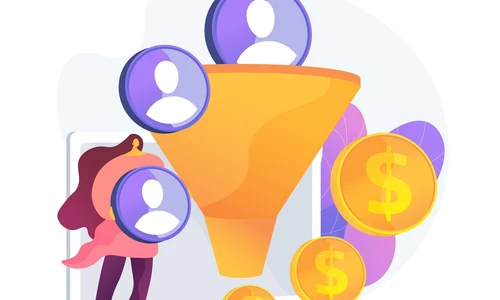
Presales
Získáním leadů vše teprve začíná
Interested in a custom solution?
We’ll get in touch with you, review your processes, and show you how successful companies do things. If you're interested, we'll guide you through the next steps and help you with the entire process of your digital transformation.

Tomáš Wiesner
CEO | Dáváme s.r.o.
















